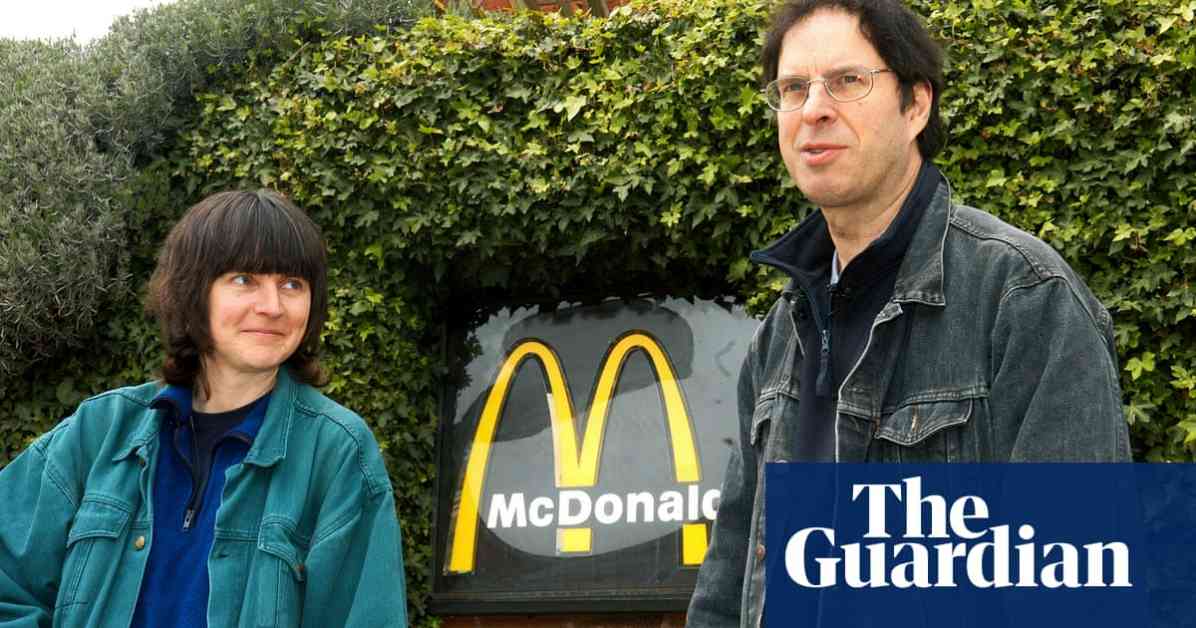An undercover police officer has confessed to spying on Keir Starmer while he was a radical barrister, a public inquiry revealed. The police officer admitted to accessing confidential information regarding the legal advice Starmer provided to two environmentalist campaigners during the McLibel case in the early 1990s. This information was then shared with authorities at a covert Scotland Yard unit.
At the time, Starmer was gaining recognition as a civil liberties barrister advocating for various causes, from trade unionists to individuals facing death sentences globally. One notable case involved environmental campaigners Helen Steel and Dave Morris, who were sued by McDonald’s for libel. Starmer offered them pro bono legal guidance as they could not afford legal representation during the lengthy trial.
The legal assistance Starmer provided during the McLibel case has become a significant aspect of his career, even being referenced during his leadership campaign in 2020. The public inquiry will delve into the covert surveillance of the McLibel case participants, including Starmer’s involvement, and investigate allegations that his legal advice was shared with McDonald’s to benefit the corporation’s case.
The inquiry aims to examine the actions of approximately 139 undercover officers who infiltrated over 1,000 political groups between 1968 and 2010. John Dines, one of these officers, concealed his identity while building a close relationship with Steel and Morris as part of his spying activities. Dines admitted to relaying confidential legal advice to his superiors, including details from private meetings with Starmer.
Morris testified during the inquiry, revealing that Dines had access to their legal strategies and advice provided by Starmer. This breach of confidentiality raised concerns about the integrity of the legal process and the protection of attorney-client privileges. Morris also highlighted evidence suggesting that police shared confidential information with McDonald’s, potentially influencing the outcome of the case.
Despite his past involvement in high-profile cases like McLibel, individuals who have worked with Starmer noted a shift in his political views during his tenure as director of public prosecutions. His role as a public servant reportedly tempered some of his earlier left-wing ideals, leading to a more nuanced perspective on political issues.
The McLibel case had significant implications for McDonald’s reputation, exposing negative aspects of the company’s practices and products. While the corporation secured a partial victory in court, ordering Steel and Morris to pay damages, they never fulfilled this requirement. The case was widely criticized for stifling free speech and dissent.
As the public inquiry continues to unravel the extent of undercover police activities and their impact on legal cases like McLibel, questions about ethics, privacy, and the balance of power between authorities and individuals remain at the forefront. The implications of these revelations may have lasting effects on the justice system and civil liberties in the UK.












